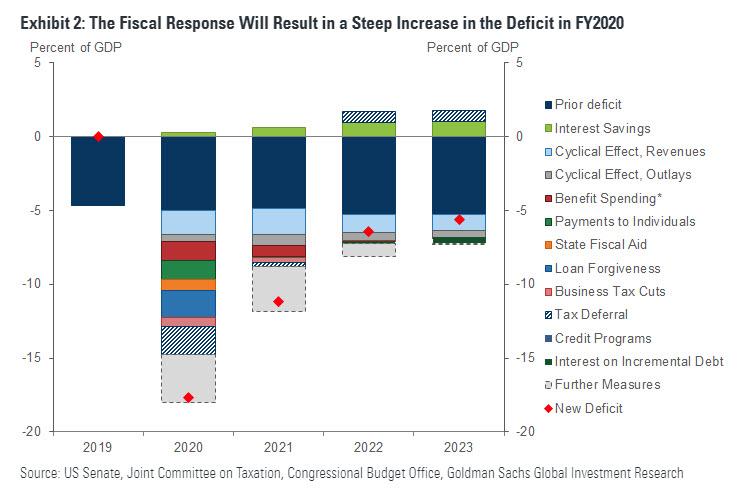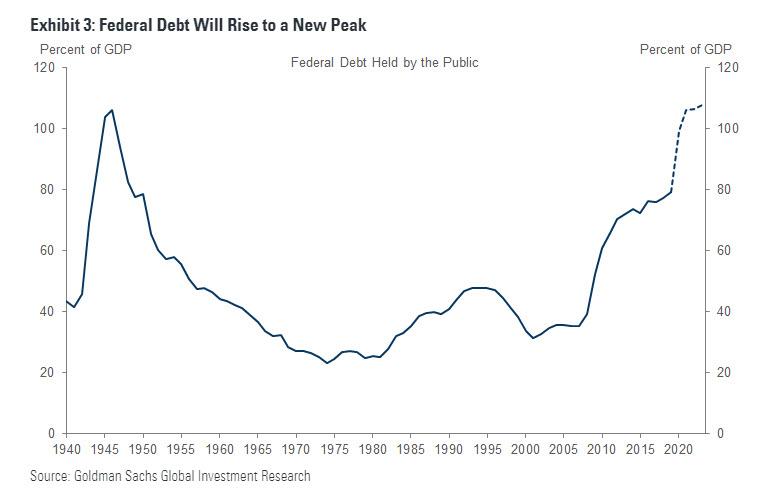Pelosi Warns Next Small Business Stimulus Spending Bill Would Not Pass House If Democrats Don’t Get What They Want
Unlike the Phase 3 of the fiscal stimulus, which represented $2.2 trillion in bailout aid for America’s small and medium business, and which passed through Congress without a glitch if with some delays, the next – Phase 4 – stimulus sought by Republicans may face far greater hurdles.
According to Reuters, House Speaker Nancy Pelosi said on Wednesday that $250 billion in coronavirus relief for small businesses desired by Republicans would not pass the House of Representatives on its own under current procedures, which require a unanimous vote of those present while most of Congress is out of town.
The reason why the aid would not get unanimous Democratic support is because Pelosi and Senate Democratic Leader Chuck Schumer are demanding that more aid for hospitals, local governments and food assistance be added to the small business aid proposal that the Trump administration and Republicans want passed this week.
Pelosi was speaking in an interview with National Public Radio. Asked if there are limits on spending for coronavirus relief, she said “No, we have to spend what we need.”
Which leaves republicans with two options: delay the passage of the next stimulus indefinitely, even though according to many the current $350 billion allocated to the PPP small business rescue program will be insufficient, or concede to Democrats and add far more pork to the bill.
Considering that according to Goldman, the US deficit will soar to 18% of GDP in 2020…
… and public US debt will hit 99% by the end of FY2020 and to 108% of GDP by 2023 from the current level of 79%…
… one can ask “what difference does it make?” After all, going forward the Fed will likely have to monetize all debt in perpetuity or risk losing control of long-term rates. In fact, one can probably also ask: why should anyone pay taxes ever again?
Tyler Durden
Wed, 04/08/2020 – 17:26![]()
Zero Hedge’s mission is to widen the scope of financial, economic and political information available to the professional investing public, to skeptically examine and, where necessary, attack the flaccid institution that financial journalism has become, to liberate oppressed knowledge, to provide analysis uninhibited by political constraint and to facilitate information’s unending quest for freedom. Visit https://www.zerohedge.com

